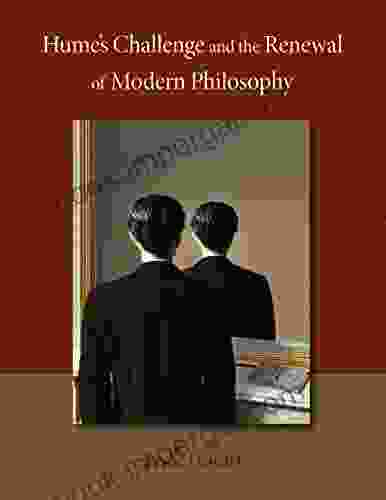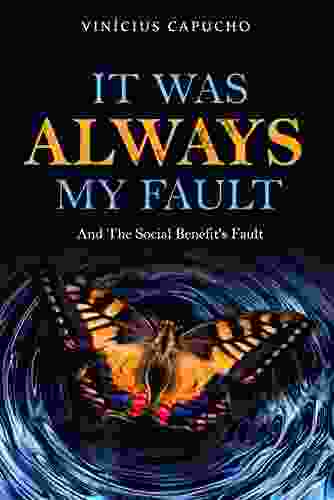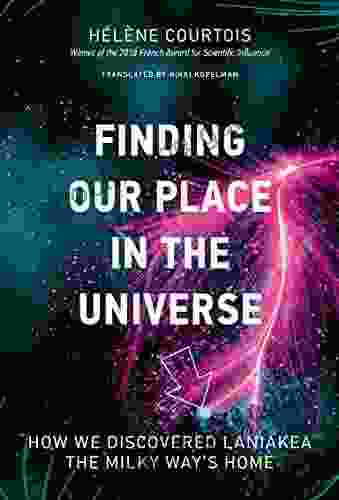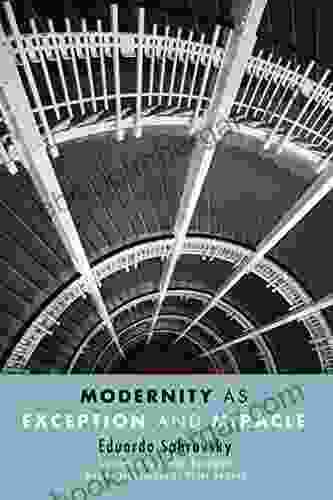The Hume Challenge and the Renewal of Modern Philosophy

David Hume, the renowned Scottish philosopher of the 18th century, posed a formidable challenge to the foundations of modern philosophy with his incisive skepticism. His groundbreaking work, "A Treatise of Human Nature," published in 1739, cast doubt on the very possibility of certain knowledge and the existence of objective reality.
Hume's skepticism stemmed from his rigorous examination of human experience. He argued that all of our knowledge is derived from either impressions (direct sensory experiences) or ideas (fainter copies of impressions). Impressions provide us with vivid and immediate experiences of the world, while ideas are mere representations or memories of those experiences.
4 out of 5
| Language | : | English |
| File size | : | 917 KB |
| Text-to-Speech | : | Enabled |
| Screen Reader | : | Supported |
| Enhanced typesetting | : | Enabled |
| Word Wise | : | Enabled |
| Print length | : | 798 pages |
| Lending | : | Enabled |
Hume's skepticism took aim at the prevailing notion of causality. He asserted that we cannot observe a necessary connection between cause and effect. Instead, we simply perceive a constant conjunction of events. For example, we may observe that fire always burns, but we cannot rationally conclude that fire must always burn in the future. This challenge to causality had profound implications for physics and other scientific disciplines.
Hume also questioned the existence of an external world independent of our minds. He argued that we can only directly experience our own impressions and ideas, and that we have no rational justification for assuming that these experiences correspond to an objective reality. This skepticism extended to the self, which Hume viewed as a bundle of perceptions rather than a permanent, unchanging entity.
Hume's skepticism initially met with resistance from his contemporaries. However, his ideas gradually gained traction and sparked a profound renewal of philosophical inquiry. Philosophers like Immanuel Kant, Søren Kierkegaard, and Ludwig Wittgenstein grappled with Hume's challenge and developed new frameworks for understanding knowledge, reality, and the human condition.
Kant, in his "Critique of Pure Reason," sought to reconcile Hume's skepticism with the possibility of objective knowledge. He argued that although we cannot directly access the world-in-itself, we can construct a coherent understanding of the world through the categories and principles of our own minds.
Kierkegaard, in his existentialist philosophy, embraced Hume's skepticism but emphasized the importance of individual experience and subjective meaning. He argued that while rational knowledge may be limited, we can still find meaning and purpose through our own personal encounters with the world.
Wittgenstein, in his later philosophy, explored the limits of language and the nature of philosophical inquiry. He argued that many philosophical problems arise from linguistic misunderstandings and that true philosophical progress lies in clarifying the use of language.
The legacy of Hume's skepticism continues to shape philosophical thought today. His arguments have challenged the foundations of modern philosophy and forced philosophers to confront the limitations of human knowledge. Through his skeptical inquiry, Hume paved the way for a renewed understanding of the nature of reality, the human condition, and the boundaries of philosophical inquiry.
, "The Hume Challenge and the Renewal of Modern Philosophy" provides a comprehensive and insightful exploration of David Hume's skeptical philosophy and its profound impact on modern thought. It traces the development of his ideas, examines their influence on subsequent philosophers, and highlights the enduring relevance of his skepticism to philosophical discourse today.
Whether you are a seasoned philosopher or a curious newcomer to the field, this book offers a compelling and thought-provoking journey into the depths of human knowledge and the nature of reality.
4 out of 5
| Language | : | English |
| File size | : | 917 KB |
| Text-to-Speech | : | Enabled |
| Screen Reader | : | Supported |
| Enhanced typesetting | : | Enabled |
| Word Wise | : | Enabled |
| Print length | : | 798 pages |
| Lending | : | Enabled |
Do you want to contribute by writing guest posts on this blog?
Please contact us and send us a resume of previous articles that you have written.
 Book
Book Novel
Novel Page
Page Chapter
Chapter Text
Text Story
Story Genre
Genre Reader
Reader Library
Library Paperback
Paperback E-book
E-book Magazine
Magazine Newspaper
Newspaper Paragraph
Paragraph Sentence
Sentence Bookmark
Bookmark Shelf
Shelf Glossary
Glossary Bibliography
Bibliography Foreword
Foreword Preface
Preface Synopsis
Synopsis Annotation
Annotation Footnote
Footnote Manuscript
Manuscript Scroll
Scroll Codex
Codex Tome
Tome Bestseller
Bestseller Classics
Classics Library card
Library card Narrative
Narrative Biography
Biography Autobiography
Autobiography Memoir
Memoir Reference
Reference Encyclopedia
Encyclopedia Ken Mogi
Ken Mogi Kenneth N Condrell
Kenneth N Condrell Kevin Bailey
Kevin Bailey Kerry Kennedy
Kerry Kennedy Kierra Sondereker
Kierra Sondereker Kenneth Fredrickson
Kenneth Fredrickson Ken Reitz
Ken Reitz Kenneth V Hardy
Kenneth V Hardy Kelly Needham
Kelly Needham Ken Parsons
Ken Parsons Ketoko Guides
Ketoko Guides Keri Arthur
Keri Arthur Kim Henderson
Kim Henderson Kevin R Sweeter
Kevin R Sweeter Kevin Callon Boyle
Kevin Callon Boyle Khalid Akil White
Khalid Akil White Kim Muench
Kim Muench Kevin M Cahill
Kevin M Cahill Kerin Freeman
Kerin Freeman Kerri Hummingbird Sami
Kerri Hummingbird Sami
Light bulbAdvertise smarter! Our strategic ad space ensures maximum exposure. Reserve your spot today!

 Gregory WoodsUnveiling the Legal Landscape of US Territories and Insular Possessions: A...
Gregory WoodsUnveiling the Legal Landscape of US Territories and Insular Possessions: A... Denzel HayesDiscover the Culinary Lexicon: The Ultimate Guide to Part Names of Dishes on...
Denzel HayesDiscover the Culinary Lexicon: The Ultimate Guide to Part Names of Dishes on... Cortez ReedFollow ·12.1k
Cortez ReedFollow ·12.1k Cody RussellFollow ·8k
Cody RussellFollow ·8k Blake BellFollow ·14k
Blake BellFollow ·14k Kenzaburō ŌeFollow ·7.3k
Kenzaburō ŌeFollow ·7.3k Frank MitchellFollow ·18.7k
Frank MitchellFollow ·18.7k Ian McEwanFollow ·8.7k
Ian McEwanFollow ·8.7k Troy SimmonsFollow ·19.4k
Troy SimmonsFollow ·19.4k Yasunari KawabataFollow ·4.6k
Yasunari KawabataFollow ·4.6k

 Chadwick Powell
Chadwick PowellDiscover the Secrets of Optimal Health with "The Healthy...
Preface: Embark on a Transformative...
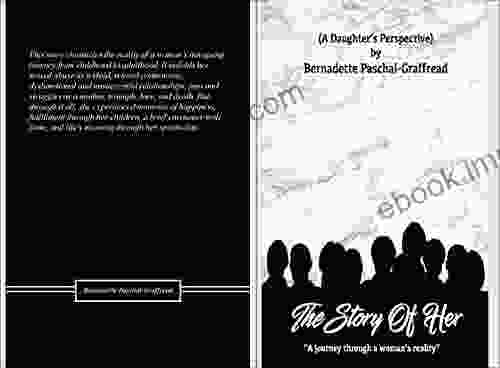
 Andres Carter
Andres CarterUnveiling the Profound Journey of Womanhood: A Daughter's...
In the tapestry of...
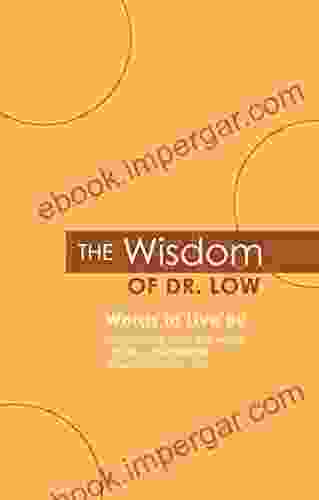
 Travis Foster
Travis FosterWords to Live By: The Essential Guide to Finding...
Words have the power to shape our...

 Chinua Achebe
Chinua AchebeThe Ultimate Guide for Men to Recover from a Breakup
: Breakups are never...
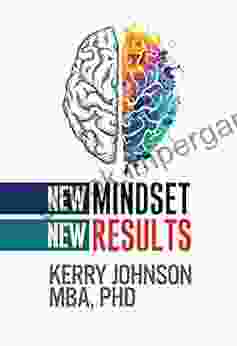
 Spencer Powell
Spencer PowellNew Mindset, New Results: The Proven Path to Unleashing...
About the Book ...
4 out of 5
| Language | : | English |
| File size | : | 917 KB |
| Text-to-Speech | : | Enabled |
| Screen Reader | : | Supported |
| Enhanced typesetting | : | Enabled |
| Word Wise | : | Enabled |
| Print length | : | 798 pages |
| Lending | : | Enabled |


